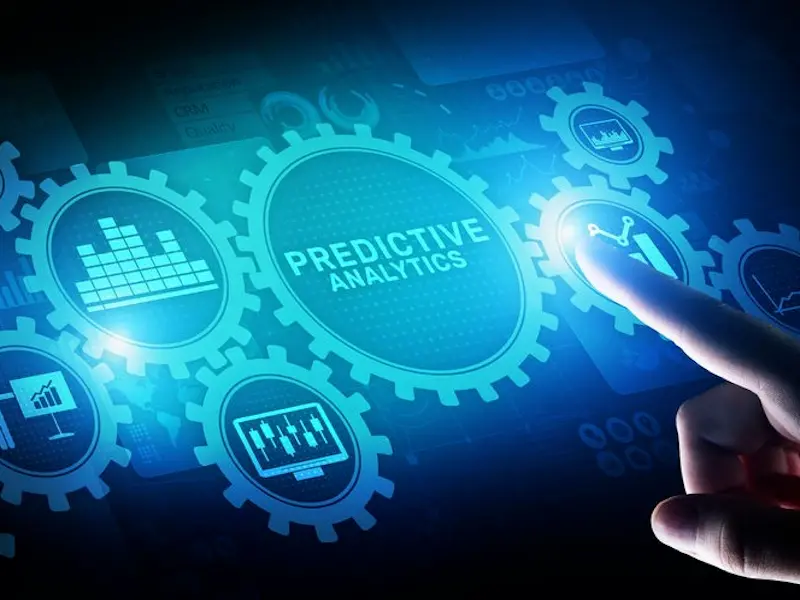- Predictive analytics is used to forecast future events or trends by analysing historical data and identifying patterns.
- It helps organisations make data-driven decisions, anticipate outcomes, and optimise strategies across various industries.
Predictive analytics is a branch of data analysis that focuses on making predictions about future events based on historical data. By applying statistical algorithms, machine learning techniques, and data mining, predictive analytics can identify trends and patterns that may not be immediately apparent. This approach allows organisations to anticipate potential outcomes, enabling them to make proactive and informed decisions.
Also read: 3 main differences between static and dynamic malware analysis
Also read: What is DNS and does it affect packet loss?
Key purposes of predictive analytics
Forecasting trends: One of the primary purposes of predictive analytics is to forecast trends in various fields, such as sales, customer behaviour, and market dynamics. By understanding these trends, businesses can adjust their strategies to better align with future market conditions.
Risk management: Predictive analytics helps organisations identify and assess potential risks. For example, in finance, predictive models can assess credit risk by analysing a borrower’s past behaviour, helping to reduce defaults and manage investments more effectively.
Optimising operations: Predictive analytics can be used to optimise business operations, such as supply chain management, inventory control, and resource allocation. By predicting demand or identifying potential bottlenecks, companies can streamline their processes and reduce costs.
Enhancing customer experience: In marketing and customer service, predictive analytics enables personalised experiences by anticipating customer needs and preferences. For instance, it can predict which products a customer is likely to purchase based on their past behaviour, allowing for targeted marketing campaigns.
Improving decision-making: Predictive analytics provides valuable insights that support better decision-making across various organisational functions. By relying on data-driven predictions rather than intuition, companies can make more accurate and confident decisions.
Predictive analytics plays a crucial role in helping organisations anticipate future outcomes, manage risks, and optimise their strategies. By leveraging historical data and advanced analytical techniques, businesses can gain a competitive edge, improve efficiency, and enhance customer satisfaction, making predictive analytics an essential tool in today’s data-driven world.

